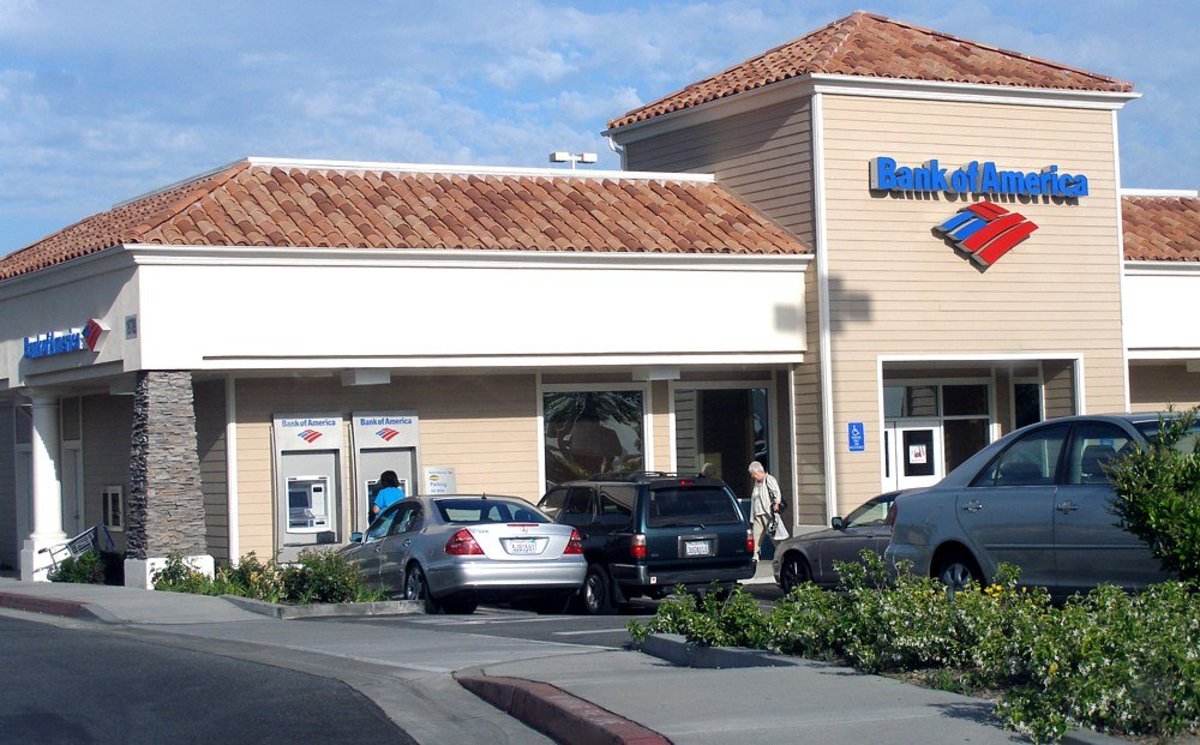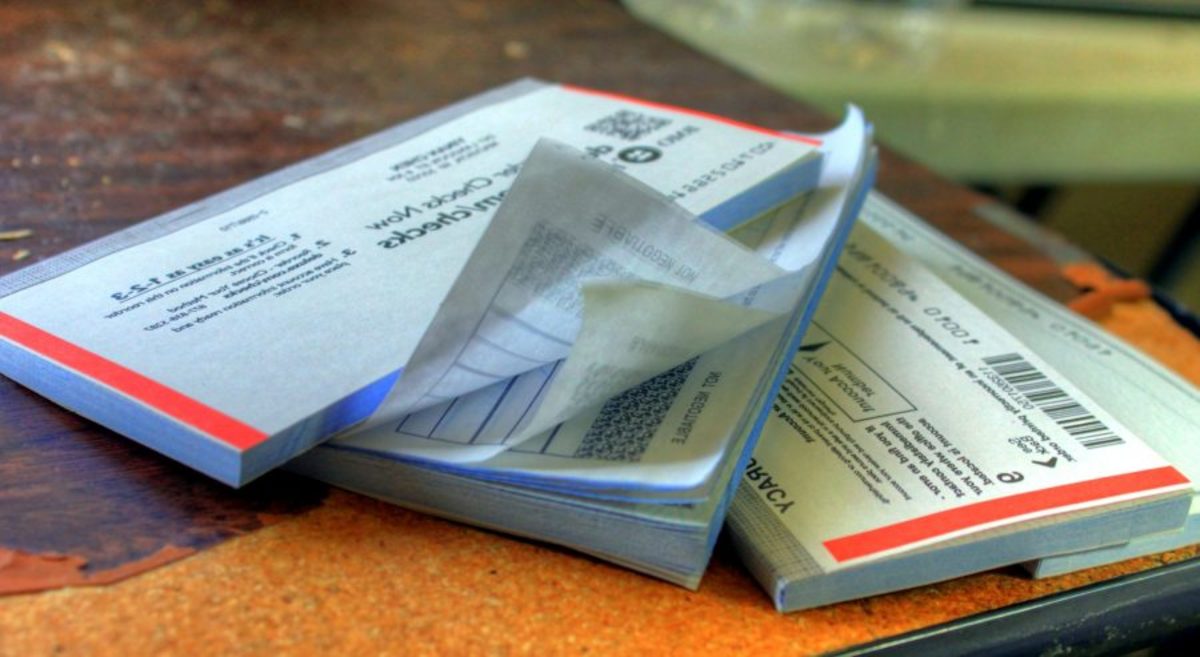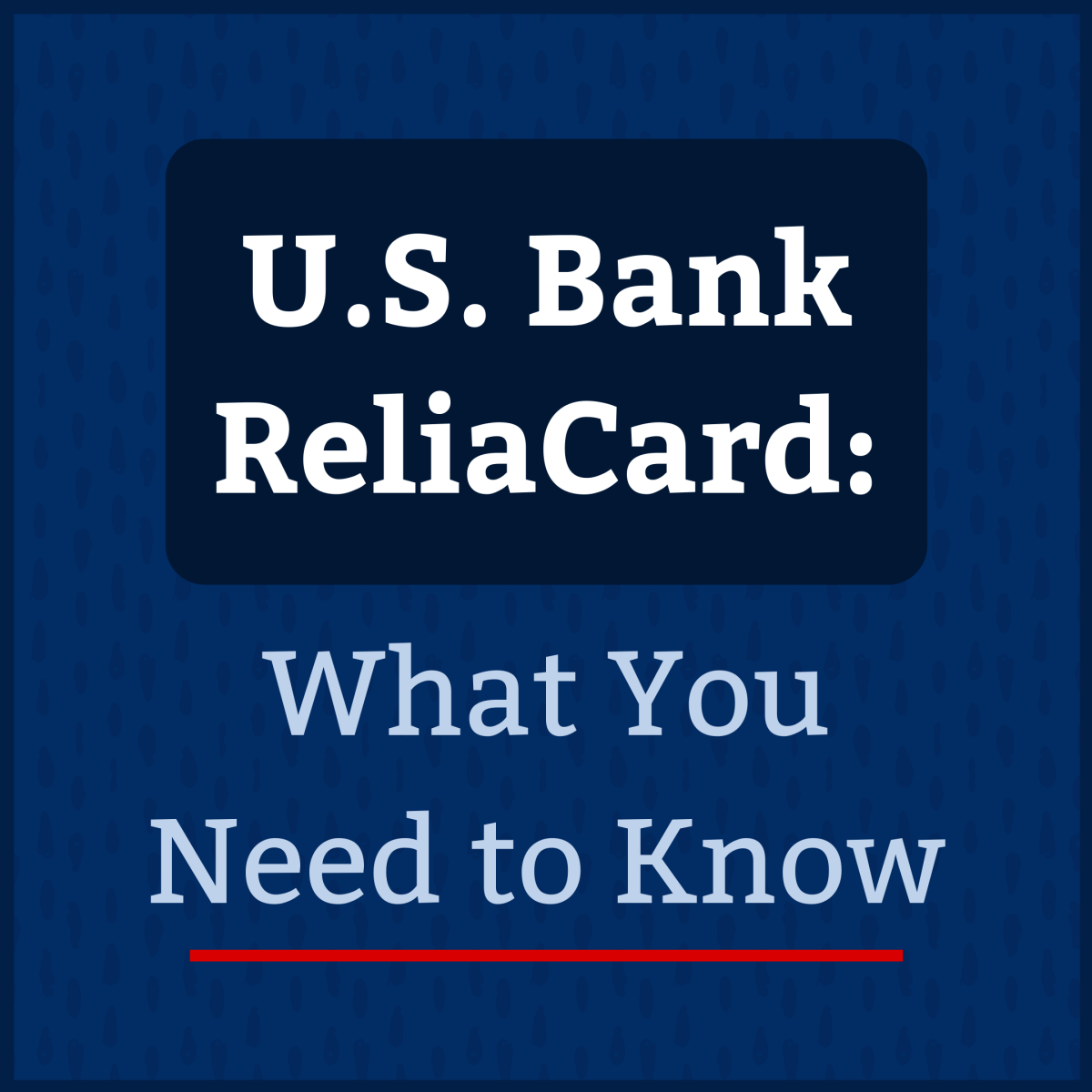What to Do in Home Foreclosure When Your Lender Becomes Your Adversary, Part 1
I Became Another American Statistic
Early in 2010, I became one of the millions of Americans whose home was headed into foreclosure. It was frustrating, sometimes frightening, and incredibly stressful. I learned an awful lot from that experience, and I feel it's important to get this information to others who are going through what I did.
Banks make it extremely difficult with a maze of complicated phone systems trying to talk to a representative. Expect to be booted out of the system from time to time, even when you've waited for 20 minutes or more. That's my experience. Persistence is the key.
Once you do get to a representative, it's not likely you'll ever talk to that same person again. I suspect that banks deliberately create such difficulty to avoid any kind of ongoing relationship between bank representatives and customers. If there were such a relationship, bank representatives would risk becoming an advocate of the customer instead of the bank. Banks are interested in your money. Nothing else. If they were interested in their customers, they wouldn't be bankrupting their customers, and they would supply positive customer service experience instead of frustrating and sometimes even hostile service.
In my experience, there are several steps you need to take to protect yourself during the foreclosure process. These steps are in two parts, in two separate articles. This article is Part 1, and provides information on how to protect yourself from your bank's mechanized process, and how to make them accountable if they are not documenting the information you give them. Here are the steps:

1. You're Speaking to Someone in a Call Center
Understand that when you talk to a bank representative (especially from a large bank), that in most all cases you are talking to a person in a call center. As a result, they don't have a direct number for you to contact that person again. So when you call in again, or the bank contacts you, it will most likely be a different person each time. You may even be talking to a different call center! Most of the notes from each conversation are stored on a server somewhere, but they are usually not immediately available to the person you are talking to, unless they were the ones who made those notes to begin with. This means you're going to be repeating yourself a lot. It means that you need to keep your own notes about the dates and information you have given your bank.
2. Speak in a Professional, Courteous Tone
When talking with any representative from your bank, stay focused and be professional. No matter how much stress you are under, emotional outbursts are not going to enable you to get help from them. It just delays what you want, and prevents them from trying to assist you. Additionally, avoid attack speech. The representative you are talking to is doing their job the way they were trained to do it. The bank's policies may be at fault, but the representative, in most all cases, is doing their assigned job and will help you if they can. If you're upset, make it clear that you're upset with the bank's policies, and don't direct your anger at the person you're talking to. If you do rage, they will likely hang up on you.
3. Consider Recording Your Conversations with Your Bank
In addition to keeping notes of dates and contents of all conversations with your bank, recording those conversations is strongly recommended. Your bank is most likely recording the conversation as well, but it's likely that the only way you would be able to obtain that evidence is by court action. To record a conversation, there are online services that you can use from a home, business or cell phone. Additionally, there are many different types of recording devices that you can purchase to attach to most any phone. For more information, all you have to do is Google search "record phone conversations."
4. Make Sure Your Bank Makes Note of Information You Provide
Ask your bank representative to read back to you the notes of your conversation before you hang up. This is very important. The representative is usually only accessing information provided by the bank about your account, not information documented from other phone representatives. Therefore, making sure that whatever notes are added to that information becomes very important. If you have a record of the information you've given the bank, you can tell any representative: "On (this date) I spoke with (name) and gave (this information) to them. Do you show any of that conversation in your notes?" In many cases they will tell you they would have to research that information to find it. Ask them to research and verify it for you. If they don't have it, restate it and ask them to make sure it's in your file. I found that in most cases, crucial information I provided in previous conversations was not being transfered through computer systems to other representatives I talked to.
5. Refinance and Loan Modification Offers
Your bank will most likely send you information regarding refinancing or loan modification (aka: "Making Home Affordable"). There are advantages and disadvantages to both. I tried to refinance my loan, but because I didn't have 20% equity in the property, I couldn't roll closing costs into the refi. I would have had to pay a lot of money out of pocket. My bank (Bank of America) also hedged a lot about my refinance. Finally I spoke with a representative who told me that my loan was a tax advantage to me, but a disadvantage to Bank of America, and so they red flagged my loan. I asked what that meant, but the representative refused to tell me. I asked about this several other times and never got a response. Be aware that your loan may be considered a liability to your lender, and if that's the case, you may need to talk to other lenders in order to refinance.
For more information on advantages and disadvantages of loan modification, click here.
6. If You Want to Keep Your Home
If you intend to keep your home by reinstating the loan, thus bringing it out of foreclosure, you need to know the advantages and disadvantages. Reinstating means that you pay the complete past due balance and all penalties and fees associated with it. If you can reinstate your loan, your bank will provide information on options available to you. Usually to reinstate a loan, you must be able to come up with 30% to 50% of the amount due up front, with the remaining balance spread out over 6 to 24 months, in addition to your regular monthly mortgage payment. Thus, the monthly mortgage payment for that period is usually much higher. So if your funds are already limited due to financial strain, this option may not work for you.
For more information about reinstating your mortgage loan, click here.
7. If You Must Sell Your Home
In circumstances of a home marked for foreclosure, time is extremely crucial. You have the right sell your home up to the day of actual foreclosure. However, the process becomes more and more complicated as each day passes. If you still have a few months before a foreclosure date, it may be possible to sell your home at full purchase price and bypass a short sale. This is what I actually was able to do, but it was not easy. The bank effectively blocked the sale of my home for several days. My potential buyers were nearly forced to walk away because of the bank's tactics.
The reason the first five steps above are so crucial is because if you actually do have a full purchase price offer, you will need to be in touch with your bank almost daily about updating and verifying information. If the information you're giving to the bank isn't recorded in your account files, then foreclosure will proceed regardless of what information you thought they documented. That is the tough lesson I learned.
My Nightmare with Bank of America
I gave all crucial information to Bank of America to document that I had a full price offer for my home, and the representative told me that she made a note, and would verify it by calling my real estate agent, obtaining other relevant information from her. As a result of documenting all this information, the bank representative told me that the bank would put a hold on foreclosure proceedings for 30 days in order for me to close on the sale of the home.
Next I asked for a pay off figure from the bank. It took two days and eight phone calls to obtain. About six hours on the phone, many times being bumped from the call system and most of the time on hold while they got me to the "right person." When that person talked to me, their first response was that they couldn't provide a pay off statement because it was in foreclosure, and I wasn't asking for a reinstatement of the loan. We worked through that, and they charged me $30 to fax the pay off statement. But the payoff statement didn't arrive, and I made several other calls to find out what was going on. Still, no pay off statement. It was supposedly faxed a second time with another $30 charge. That fax never arrived. One more $30 charge and finally the third time it did. There was nothing wrong with the fax machine. There was nothing wrong with my real estate agent's fax machine, either, and she had the same experience I did. The only thing wrong was the procedure that Bank of America uses to send pay off statements. Never mind that $30 is utter gouging to send a fax of four or five pages, but to claim it was sent when it wasn't, and charge again and again for pretending to send it? Robbery. Theft. Dishonest, predatory tactics.
At this point, we were on pins and needles because I didn't know if I could accept the purchase offer until all the numbers were in to see if the price offered would cover all back payments, penalties and fees. Luckily, it would but because of daily accruing interest, we had a very specific time frame to close so that the price would cover the pay off amount.
What happened next I couldn't have predicted.
Beware, Homeowner
I received a call from a bank representative who informed me that a foreclosure date had been made. New penalties and fees were added to the amount, thus making the pay off statement I received invalid. I told the representative the whole story including verifying information about a pending full purchase price sale, and the bank putting a hold on my foreclosure so that I could close on the sale of the home. She said she had no record of any such information, and that since the date was established it could not be undone by what I proposed.
Please refer to steps 1 through 5, above, and make sure you follow them.
The full price offer was no longer effective in covering the pay off amount to the bank, by just a few thousand dollars. My real estate agent and I talked to about 10 people in the next few hours, in various departments, yielding absolutely no help or results. It was out of our control. We called about turning the purchase offer into a short sale. A short sale would take at least 60 to 90 days, and it could not be any quicker. Procedures prevented it. We reasoned with everyone we could that this offer is far better than a short sale, and far better than a foreclosure. They didn't care. It was not in their procedures to work through this exception. It was actually cheaper and more cost effective in the bank's view to allow me to foreclose than it was to accept an offer that was an exception to their established procedures, because they are dealing in billions of dollars and my home was worth a tiny fraction of the money they are gambling to make. It was cheaper to foreclose on me and the huge number of other foreclosures in the same stack as me, than it was to make one exception out of thousands. The additional cost in clerical and legal fees didn't justify making an exception in my case, even though they would have lost a lot less money on my foreclosure and made the sale a benefit to seller, buyer, real estate agents and title company.
So the message is loud and clear: foreclosing in bundles of properties is cost effective for banks. Foreclosing in case by case is not, even though you may have legitimate reasons for your exception.
Thus, my rights as a homeowner and customer who used their products and services did not matter in the least, based on the banks' actions against me. They operate as if I have no rights at all. But the law says otherwise.
Turn a Bad Situation to a Good One
Not only was I losing in this situation, but also the buyers, a title company and real estate agents. After several tense hours on the phone getting nowhere, it seemed our options had been exhausted.
But later, my real estate agent called and offered a new plan. Everyone would take hits financially to make this work, but the truth is, my real estate agent took the biggest hit. The agents would reduce their commissions and we would pull together bringing the available purchase price up to meet the pay off amount, as long as it foreclosed that day. If it didn't close on that day, it wouldn't work because of additional interest that would accrue. I received closing docs and signed them almost simultaneously as the buyers received closing docs and signed theirs.

Bank of America Really Means "Bankrupt America". . .
. . .in my opinion. And, it is my opinion and recommendation that if you have money, loans and other financial dealings with big banks, get your money out of them into smaller, more regionalized, local, highly rated financial institutions like credit unions. Check on their ratings and quality of service before opening any new accounts. Refinance your mortgage with such institutions. Move your accounts, and take control of your financial assets.
If we are willing to pull together and turn bad situations into good ones, we will restore economic stability and sanity. Current big business models will never restore economic stability. They are focused on what is legal, not what is ethical. It's up to us, the customer and consumer to choose who gets our business and who doesn't. We need to restore ethics that will allow all consumers to prosper once again. As long as big money institutions like Bank of America pillage customers making unheard of profits while Americans everywhere lose their homes, belongings and even face bankruptcy, we ought to responsibly choose who gets our business. Businesses which prove ethical values and good customer service ought to be our choice.
Finally, if your bank is not helping you, and your grievances against them are legitimate, file formal complaints against them with your state attorney general's office. You can usually start the process online by doing a Google search for your state's attorney general website. Because of official consumer complaints, banks have come under legal scrutiny and prosecution. I have filed complaints against Bank of America, and I'm certain that I'm not alone. The more complaints attorney generals receive, the more likely they will have the evidence they need to prosecute banks for not honoring and protecting home owners' and consumers' rights. Don't let them run over you with their mechanized processes. You have ways to protect yourself, and you need to use them!
Protect Your Bank Accounts If You Are in Foreclosure!
If your bank accounts are with the same institution as your mortgage, your lender will most likely seize your accounts to pay off your debts. The steps for you to protect yourself in this situation are here, in Part 2.








